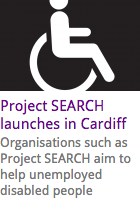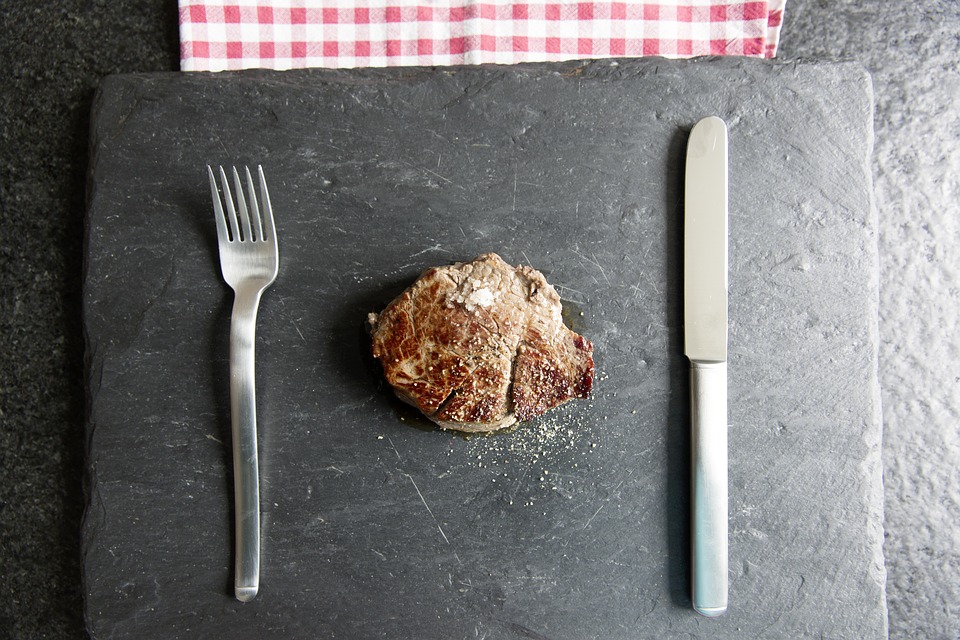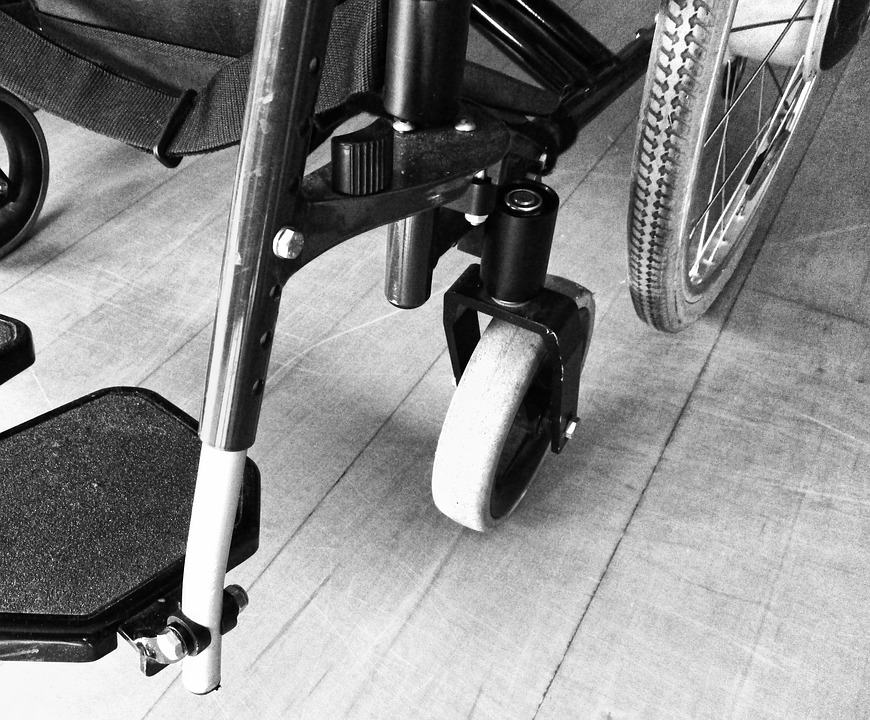There are over 60 Million people living in Britain. 10 Million of them are living with disabilities. 5.1 Million of them are disabled and living in poverty. 33% of them live in Wales.
Forget programmes such as Location Location Location and A Place in the Sun, many people living with a disability struggle to afford basic necessities such as food, never mind a holiday home along the coast of Spain.
Cut to the less glamorous country of Wales.
Famous for both its beautiful culture and unforgiving and relentless weather, of which we have all fallen victim to at one time or another, Wales is home to at least 90,482 disabled people.
Of these people, at least 83,000, that are aged 16 and upwards, are not receiving paid work and are considered to be in income poverty; with 44% of all young disabled people being considered as having a high poverty rate.
Therefore inevitably they must result to claiming benefits.
However Bob Ellard, researcher for Disabled People Against Cuts (DPAC), claims “28% of people are unable to live off their benefits,” and with nearly one in five people in Wales living with some form of disability, this affects 18% of the population across England and Wales.
Basically, a disturbingly large amount of people.
“28% of people are unable to live off their benefits”
As if that wasn’t enough, Professor Anne Lawson of the Centre of Disability Studies, recently revealed that budget cuts targeting people with disabilities are nine times higher than any other groups. Within that group, 24.9% of the people affected are young people aged 16-24.
Disabled people and their allies
DPAC is a UK based organisation that was born in 2010 following mass protests in Birmingham. They campaign against austerity cuts and their impact on disabled people.
They quite literally don’t take no for an answer in the face of adversity, so much so, that they recently triggered a UN inquiry into the rights of people with disabilities as a result of their protests.
“Disabled people should have full human rights”
A spokesperson for DPAC says “DPAC is for everyone who believes that disabled people should have full human rights and equality.”
Something campaigners for Disability Wales will undoubtedly agree with. The non-profit organisation which was formed in 1972 fights for independence for all people with disabilities.
Having been recognised as the lead organisation in Wales for understanding disability within society, they have set up numerous projects in order to support people with disabilities.
They have set up organisations such as the Enabling Wales Project which, with the help of Wales Cooperative Centre and DEWIS, aims to support people with disabilities that are aged 16 and over, so that they are able to live independently by setting up Centre’s for Independent Living (CIL’s).
Rhian Davies, director of Disability Wales, says “CIL’s are social enterprises that deliver services run by disabled people for disabled people.” She says that these models are what people actually need to achieve independent living.
Is this enough?
However, there is a twist to this tale.
Natasha Hirst, a spokesperson for Enabling Wales, believes that these schemes are likely to not be accessed by those living in deprivation, due to a number of reasons such as lack of transport and support in attending
“It was a really hard task finding young people”
“Services for young people living in deprivation may not be accessible or inclusive for disabled young people,” she said, “It was a really hard task finding young people to be involved.”
Aside from vital organisations such as Enabling Wales, only 10 local authorities in Wales have a housing register in place in order to help people with disabilities find suitable and adapted housing.
Arguably this results in an increase in demand for carers. Often family members, friends and even neighbors become carers; they end up having to lend more than just sugar.
They often become full-time carers and it is predicted that in 2037 the number of carers in England and Wales will increase to nine Million.
This way of life is something Lisa Moore knows only too well.
Lisa, 50, is mum and full time carer to Chloe. Chloe was born with Angleman syndrome, a genetic disorder that affects the nervous system and causes severe physical and intellectual disability.
“A little support would go a long way”
“I would love for Chloe to be involved in an independent project such as this,” she says tearfully, “But even a little support would go a long way”.
Lisa doesn’t claim benefits on behalf of Chloe but feels the pinch from being a carer. She believes that someone to support her would help. “I would love to be able to take her on a proper family holiday and having a little extra cash would definitely help.”
Never mind A Place in the Sun, or a holiday home along the coast of Spain, simply a holiday or a break would do.
Here is how one project is aiming to combat problems such as this


